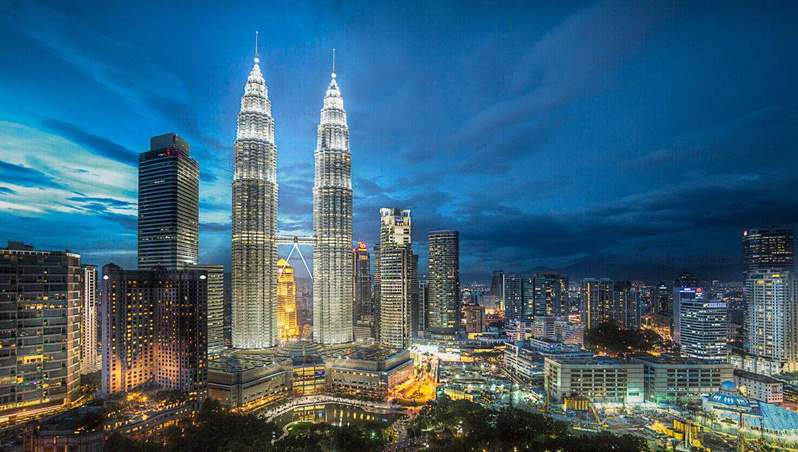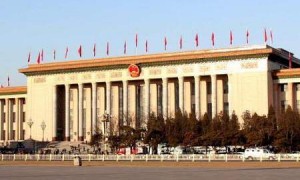Malaysia is facing a sluggish economy, while lower oil prices have reduced national tax revenues streams. But, the tropical country with gorgeous natural scenery, strong social stability and relaxed atmosphere has transformed into a tourism hot-spot.

(Photo/ Internet)
Nevertheless, business leaders of the tourism sector have expressed concerns over a new Tourist Tax that will go into effect, starting July. According to a bill passed by Parliament, tax charges will be assessed to visitors - foreign and domestic - at all hotels and inns.
Those staying at non-star rated inns, will pay per night: (Ringgit)RM2.50 ($US0.59); 1-3 stars hotels - RM5; 4 stars - RM10; 5 stars - RM20. this will be added to a 6 percent GST (goods and services tax) - starting two years ago.
So, will Chinese tourists still visit Malaysia?
Extra costs bring added burdens
"On top of the extra cost, there will be more (administrative) work for employees," Malaysian Association of Hotel Owners (MAHO) executive director Shaharrudin M. Saaid, told Travelwire Asia news Website.
He cited figures showing a drop in hotel occupancy after the 6 percent GST was implemented in 2015. Shaharrudin does not oppose the tourist tax but insists it's the wrong time, since the regional economy is flagging.
Malaysia can jumpstart its economy by encouraging more foreign visitors, including the Chinese, to take trips to the country, whether for business or pleasure.
Chinese tourists are traveling abroad in larger numbers, but they are looking for the best deals, which explains the popularity of group tours.
When choosing their next vacation destination, they might choose another country that doesn't require a tourist tax on hotel stays.
Reasons to visit Malaysia
Despite the expected tourist tax, there are still plenty of reasons to visit the nation. Besides viewing the lush landscape, foreign visitors can take advantage of the country's low currency (ringgit) values at the moment.
Even the Chinese RMB holds a stronger position against the ringgit, meaning the Chinese have higher purchasing power when taking trips to Malaysia. This incentive is too alluring to keep the Chinese away.
The tourist tax will create long-term benefits for Malaysia as well. Malaysia's Tourism & Culture Minister Mohamed Nazri Abdul Aziz announced tax proceeds will "promote and refurbish" the tourism sector.
A statement on Royal Malaysia's Customs Department website, added, "The returns will be used to develop the tourism industry, namely the enhancement of tourism infrastructure and facilities, as well as tourism promotional activities and campaigns for the country."
We can expect to see better facilities at scenic sites, along with the launching of advertising and marketing campaigns in China.
Capturing stronger appeal in China
Singaporeans account for the highest number of foreign visitors arriving in Malaysia. The Malaysian Tourism Promotion Board recorded about 13 million arrivals from Singapore in 2016.
While in 2016, among the 122 million outbound Chinese tourists, only around 2 million chose Malaysia as their destination.
The tourist tax should result in more aggressive promotion campaigns in China, which could draw in a flood of Chinese tourists. Yet it could take a few years, before more Chinese swarm into Malaysia to enjoy the beaches, tropical climate and to meet friendly people.







